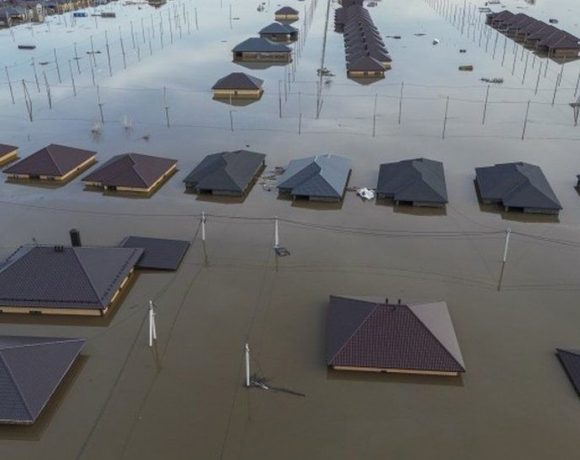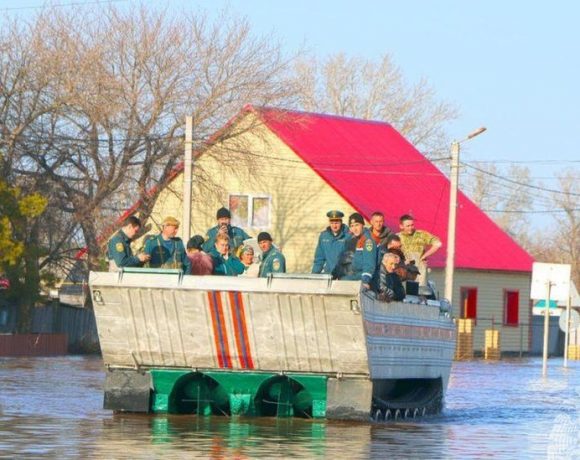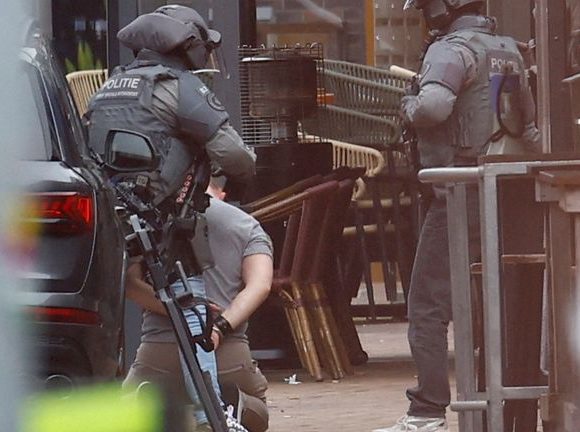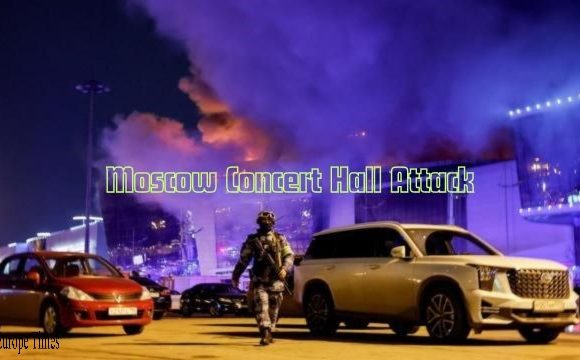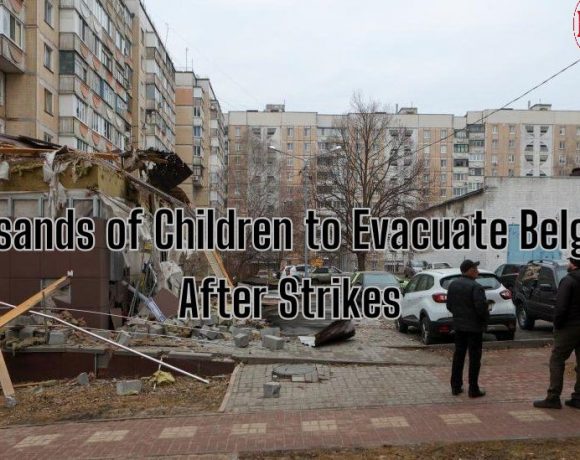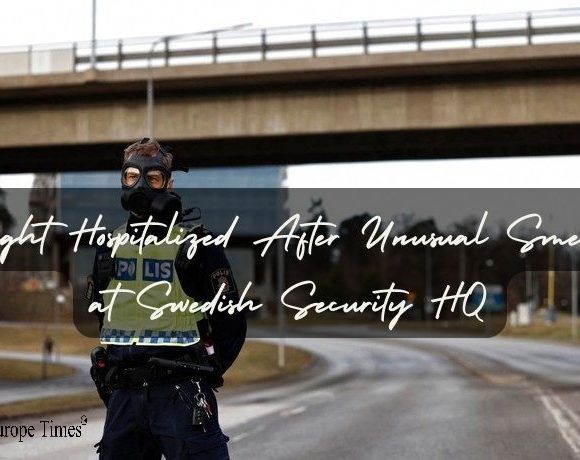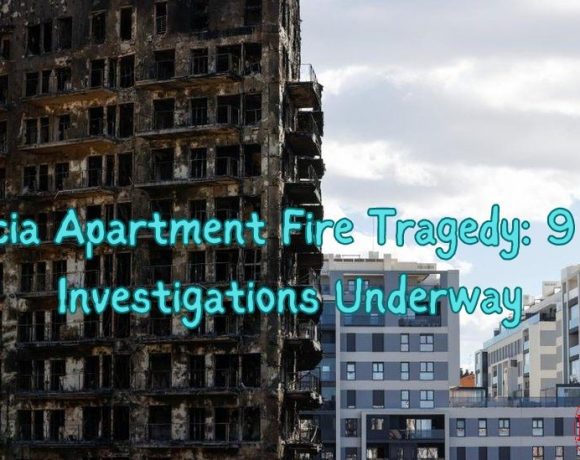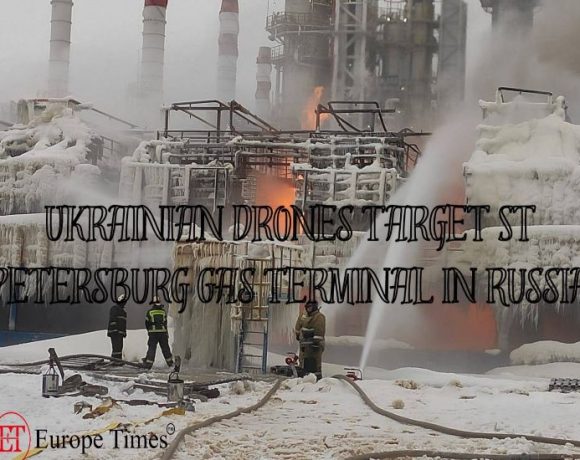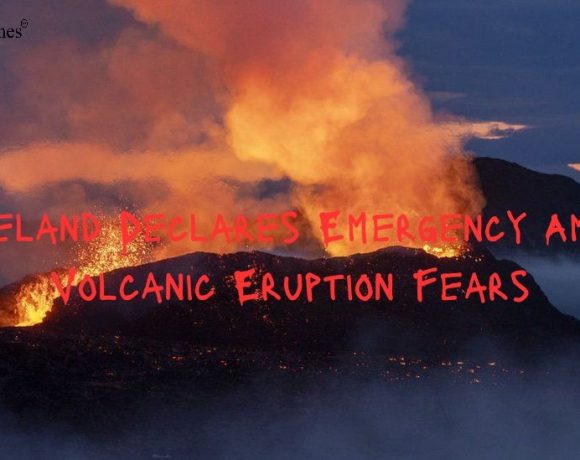Gunmen launched a devastating assault on a concert hall near Moscow, resulting in the tragic loss of at least 60 lives and leaving around 100 people injured, as confirmed by Russian security services. The attackers, numbering at least four and clad in camouflage attire, stormed the Crocus City Hall in Krasnogorsk, igniting chaos and terror.
The concert hall, moments away from hosting a rock concert, witnessed the assailants infiltrating both the foyer and the theatre, setting parts of the building ablaze, which eventually led to a portion of the roof collapsing. Shockingly, children were among the casualties, prompting swift condemnation from the Russian foreign ministry, which labeled the incident a “terrorist attack.”
Although an online statement attributed to the Islamic State claimed responsibility, the assertion remains unverified. Nevertheless, US officials disclosed intelligence suggesting IS harbored intentions to target Russia, a warning conveyed to Russian authorities earlier. Subsequently, Russia’s National Guard mobilized special units to apprehend the attackers, while top officials rushed to the scene.
The harrowing assault unfolded just as thousands gathered for a rock concert by the band Picnic, narrowly sparing the musicians themselves from harm. Witnesses recounted scenes of horror as gunfire erupted, prompting frantic attempts to seek refuge or escape. Fire engulfed the premises, likely initiated by incendiary devices hurled by the assailants.
Emergency responders swarmed the area, tending to the wounded and facilitating evacuations. Moscow Mayor Sergei Sobyanin responded by canceling all public events in the capital, with other regions following suit. Amid the grief and shock, Russian Foreign Ministry spokeswoman Maria Zakharova called for international condemnation of what she described as “a monstrous crime.”
While Ukrainian officials swiftly disavowed any involvement, tensions heightened as Ukrainian military intelligence insinuated possible Russian involvement, an allegation dismissed by Russian authorities. The attack bore eerie parallels to the 2002 theatre siege in Moscow, evoking memories of past tragedies.
In response to the atrocity, security measures were reinforced at key transport hubs, reflecting a nation on edge in the wake of this appalling act of violence. The White House expressed profound sympathy for the victims, denouncing the attack as an unfathomable act of brutality.
Picture Courtesy: Google/images are subject to copyright
